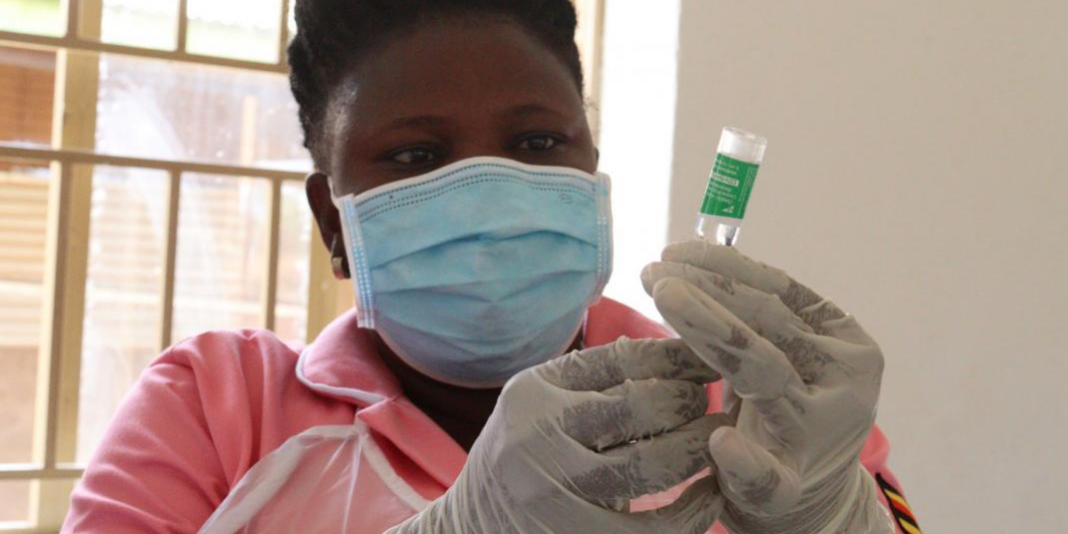By Flavia Nassaka
The government’s biggest pre-occupation now is ensuring that as many people as possible get vaccinated, after the suspension of lockdown restrictions that were instituted in June.
This is according to Dr Immaculate Ampaire the Deputy Manager of the Uganda National Expanded Programme on Immunization (UNEPI).
Dr Ampaire said that they are exploring every avenue that can help to reach the more than 21 million Ugandans that they plan to vaccinate especially now that shopping arcades and public transport have been allowed to resume operations. One of the ways is to find donations from as many willing donors in order to ensure that the Ugandan population is vaccinated.
So far, apart from the 864,000, Covishield brand of the AstraZeneca vaccine doses that the country has accessed through the COVAX facility, an initiative of among others GAVI the Vaccines Alliance and the World Health Organisation, Uganda has also received 175,200 doses of AstraZeneca from France and 300,000 doses of the Sinovac vaccine from China.
By Monday, records show that 1,143,763 people had been vaccinated, a majority of them receiving only the first jab. Over the weekend, more than 286,000 doses of the vaxzevria brand of the AstraZeneca vaccine from Norway arrived in the country.
But sections of the public raised concern considering that the donor country has suspended the use of the same jab in their country over studies that connected the drug to a rare type of blood clots.
However, while these concerns can deepen vaccine hesitancy which healthcare managers have recently grappled with even among health workers, the ministry says where the vaccine donations come from should be no cause for alarm since they go through thorough vetting before being accepted.
Ampaire says donating countries or organizations have to go through approvals from the COVAX facility which doesn’t only appropriate the doses that can go to any of the needy countries but also the safety of the drug.
The Ministry of Health also considers only vaccines that are approved for emergency use by the WHO for donation.
Apart from the approvals at the global level, she says the National Drug Authority (NDA) also conducts a verification process before allowing the drugs in the country.
Meanwhile, the country is also awaiting some 640,000 doses of the Pfizer vaccine donated by the US government. Apart from that, in order to increase vaccine coverage, the government is also opting to buy up to 9million doses of the Johnson and Johnson single-dose vaccine through the African Union.
Previously, the government had paid for 2million doses but Ampaire says they have since started negotiations to have the earlier stand revised.






